When you say “Outward Bound” what comes to mind for many is a person or group testing their abilities in the outdoors. Visions of mountaineers swinging ice axes, backpackers hauling heavy loads through remote wilderness areas and kayakers battling wild rivers might appear. And yes, Outward Bound offers a huge variety of courses where one can be challenged in these wild places and hopefully discover something about themselves in the process. However, Outward Bound’s mission, “To change lives through challenge and discovery” isn’t exclusive to the outdoors. Outward Bound also offers programs in urban environments, where instead of hiking through the wilderness we walk through downtown centers, instead of fording rivers we cross intersections and instead of watching out for wildlife we watch out for traffic. To some this may seem to be a strange environment to choose to facilitate an Outward Bound course. However, urban expeditions provide unique circumstances and opportunities for students.
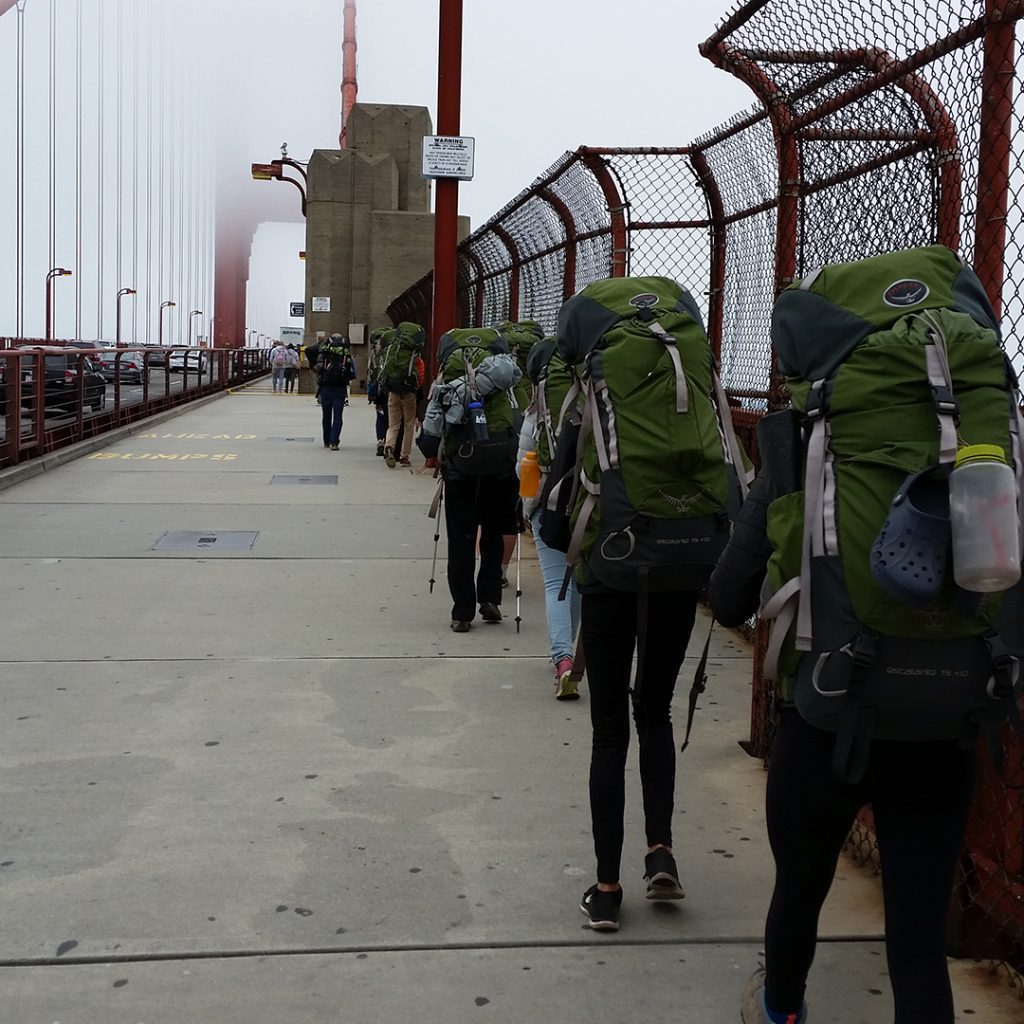
Students are shown on a Yosemite Backpacking to San Francisco Urban Service expedition.
Last summer I co-led two 14-day wilderness to urban courses. These courses are the best of both worlds and involve a traditional wilderness backpacking expedition as well as a week of urban exploration. On each course we hiked and backpacked almost 50 miles through the wilderness surrounding Yosemite National Park. Once we finished that part of the course, we were transported to San Francisco for the urban section of our course.
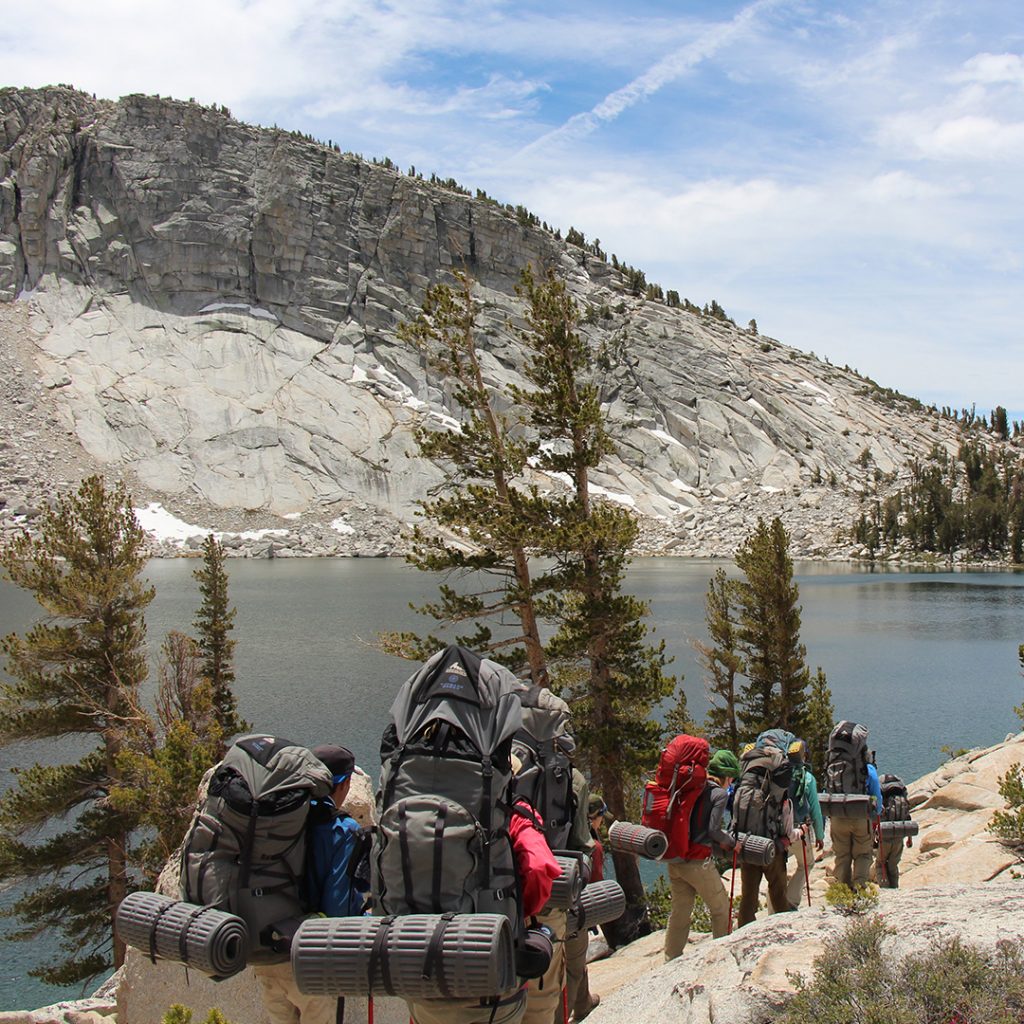
Students are shown on a Yosemite Backpacking to San Francisco Urban Service expedition.
In San Francisco we no longer carried our tents, but nonetheless we had incredible “campsites” for our journey, including a grand hall inside the San Francisco Zoo. After receiving a personal after hours tour, we slept inside a beautiful room with glass windows surrounded by fantastic beasts of all shapes and sizes. We stayed at a school which had an amazing rooftop basketball court, an indoor gymnasium and a library, which served as our converted fortress for the night. We fell asleep gazing high up into the ceiling from which giant paper airplanes were suspended. We slept in a church and wove our way through narrow corridors to reach our shelter for the evening. Seeking out these experiences, however, was not the purpose of our expedition through San Francisco.
In the city our expedition was faced with realities that we had quickly forgotten in the wilderness. In the wilderness, life is simpler and although our tasks may be arduous they are relatively straight-forward. In the field, we must prepare meals, organize and store equipment, communicate and cooperate. Each day we must create shelter for ourselves and travel long distances. In these circumstances it has been proven that students will find challenge and that their personal and situational awareness will grow. However, in the wilderness we are insulated from the outside world. While we are on a course we create our own community, with our own rules, our own jokes and our own social norms. Though we may forget for a time that it’s there, seeing only our immediate surroundings, the “world” is still happening outside of our course and the world is what we most want to prepare our students to be successful for when they leave our course.
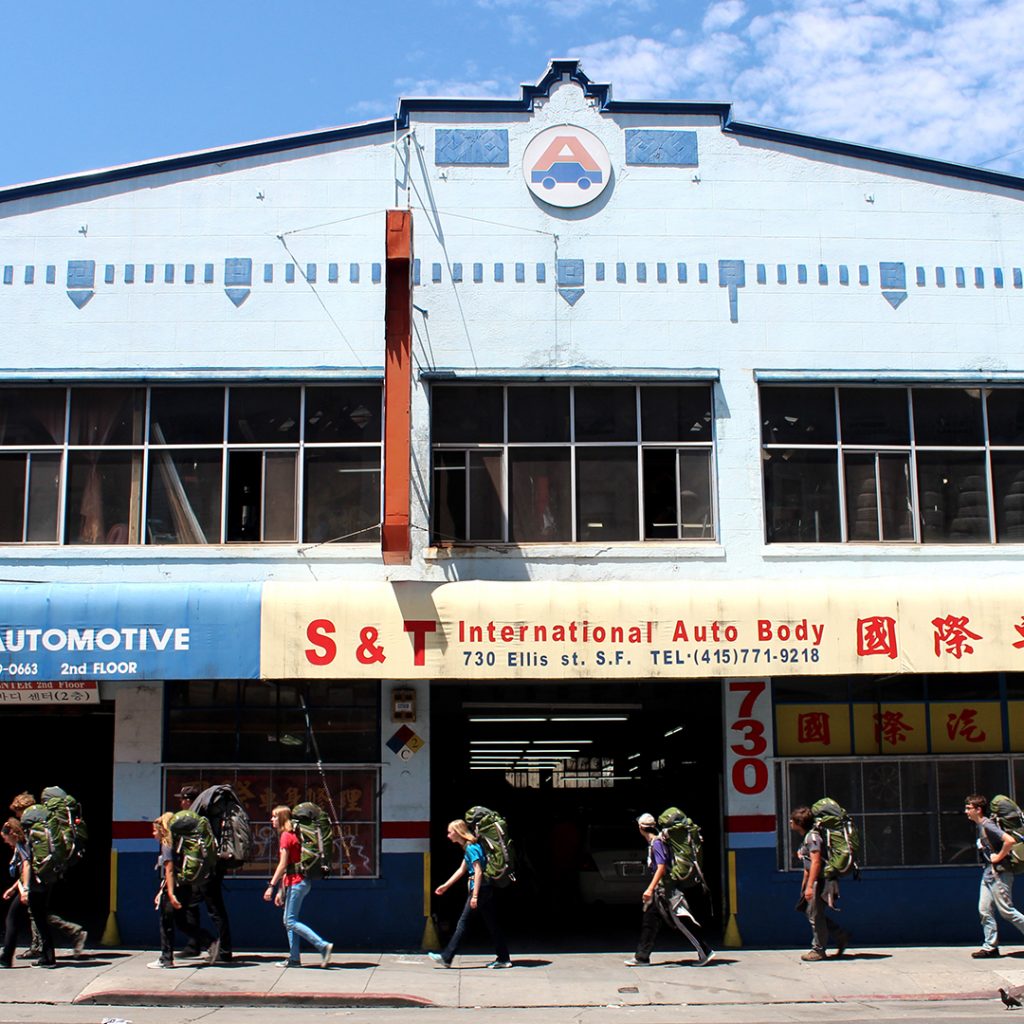
Students are shown on a Yosemite Backpacking to San Francisco Urban Service expedition.
Outward Bound’s values are: Compassion, Integrity, Excellence, Diversity and Inclusion. In the wilderness, we discuss how we can demonstrate compassion towards each other, how we can exemplify integrity and excellence and how we can live the values of diversity and inclusion.
In San Francisco we had the opportunity to serve meals to those in need through the work of the Glide Memorial Church, which serves meals three times a day, 364 days a year. This was a powerful experience for our students, whom having left the comfort and routines of their everyday lives, experienced difficult and often physically and mentally uncomfortable conditions during our wilderness expedition. To travel to the city and put the reality of the everyday life of many Americans into focus, allowed all of us on the expedition to truly examine our life experiences and question: What is compassion, and what does practicing compassion look like? What challenges do citizens in our students’ communities face? How can we help others in our everyday lives? What does it mean to be privileged, and how can those who have privilege positively impact those that don’t?
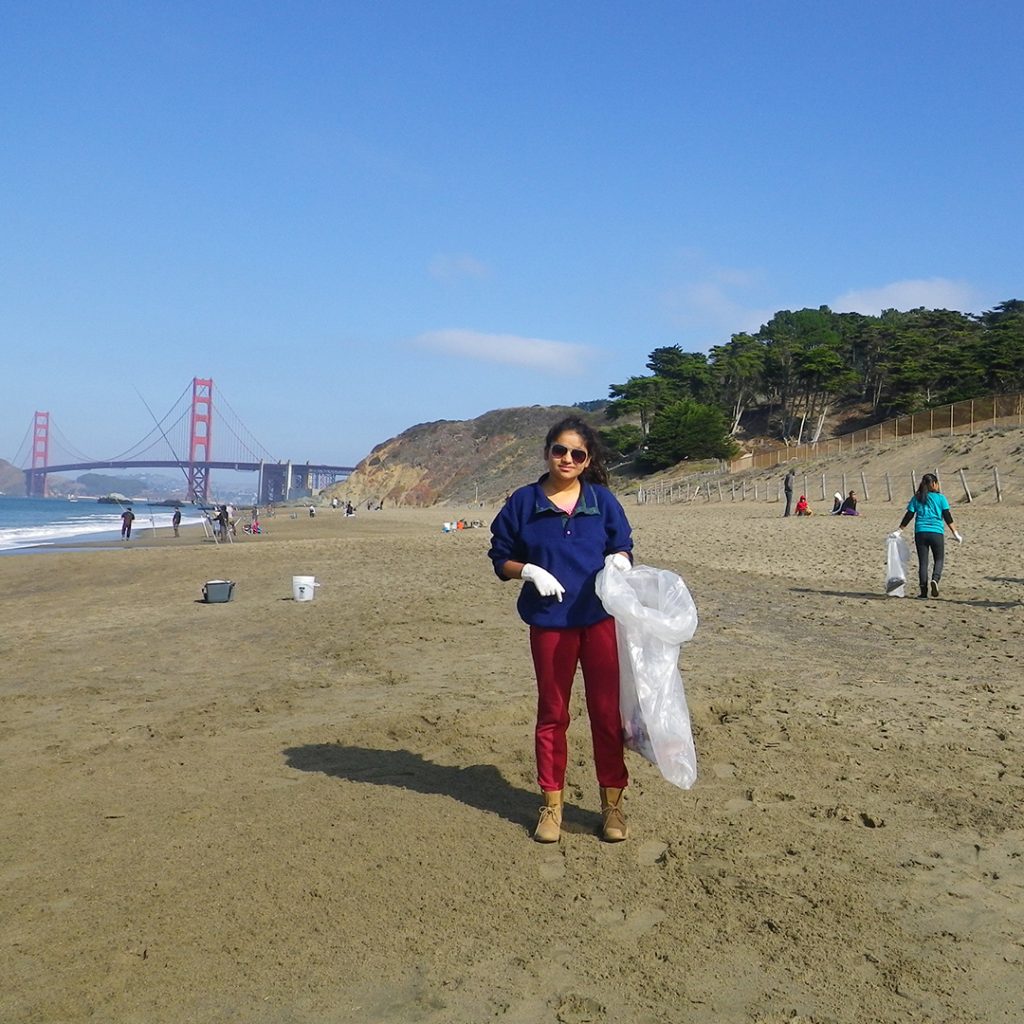
Students are shown on a Yosemite Backpacking to San Francisco Urban Service expedition.
On our urban courses, we don’t ford rivers or traverse glaciers, but we have ample opportunities for awe and most importantly, to Serve, to Strive, and Never to Yield.
***
Interested in expeditions with an urban and/or service component? Click here to see upcoming courses.
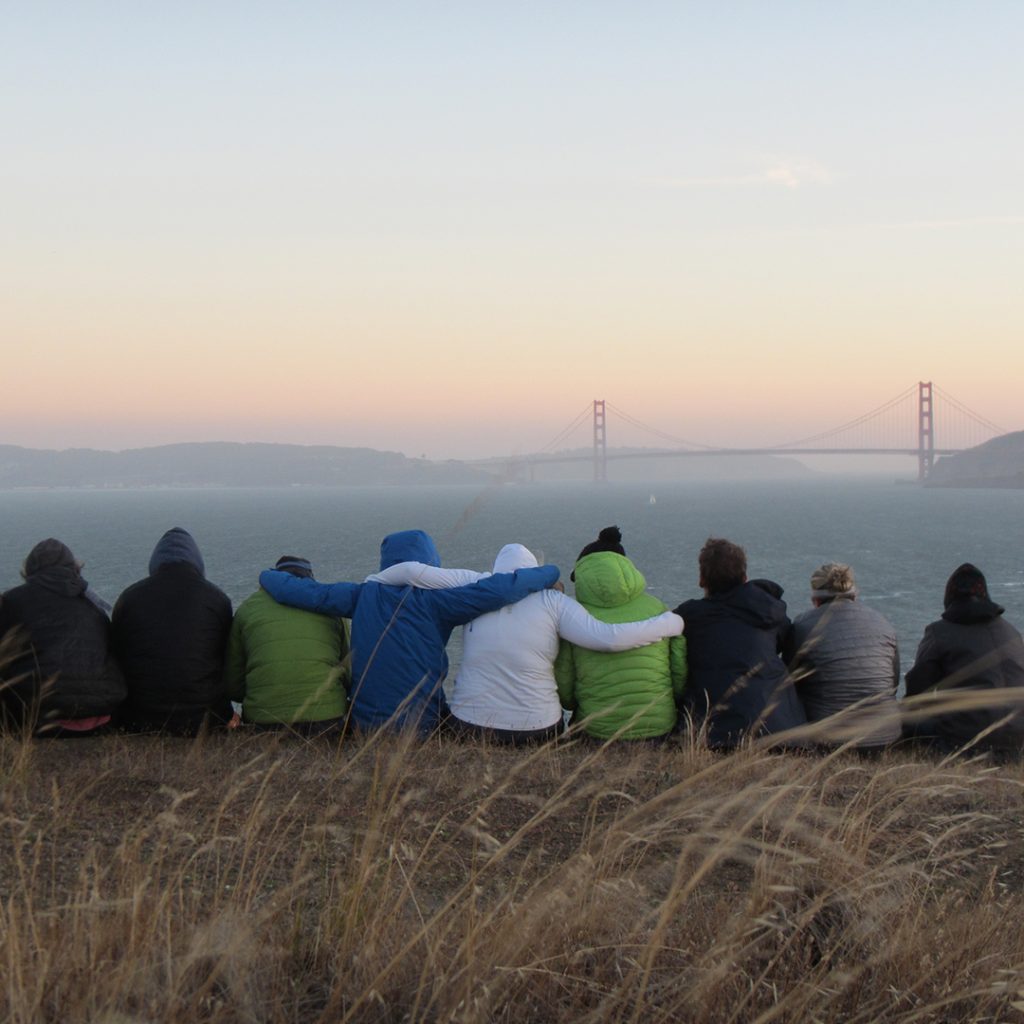
Students are shown on a Yosemite Backpacking to San Francisco Urban Service expedition.
About the Author
Dan Squire started his career with the Forest Service and has since worked with the Arizona Conservation Corps, The Student Conservation Association, Conservation Corps North Bay, and Outward Bound. Dan is based in Oakland, California and enjoys photography and mountain biking in his spare time.
OTHER POSTS YOU MAY LIKE
Read More
Read More
Read More




